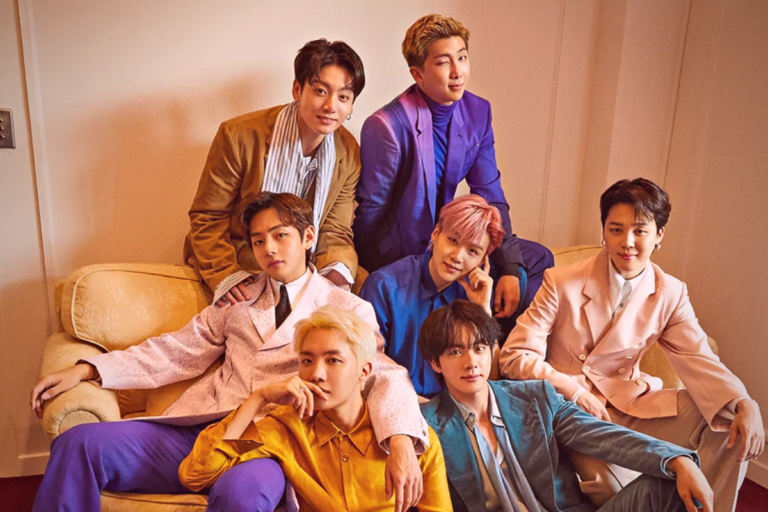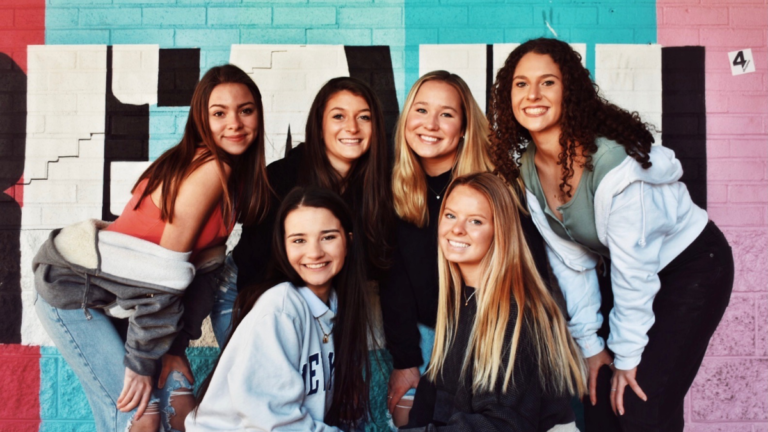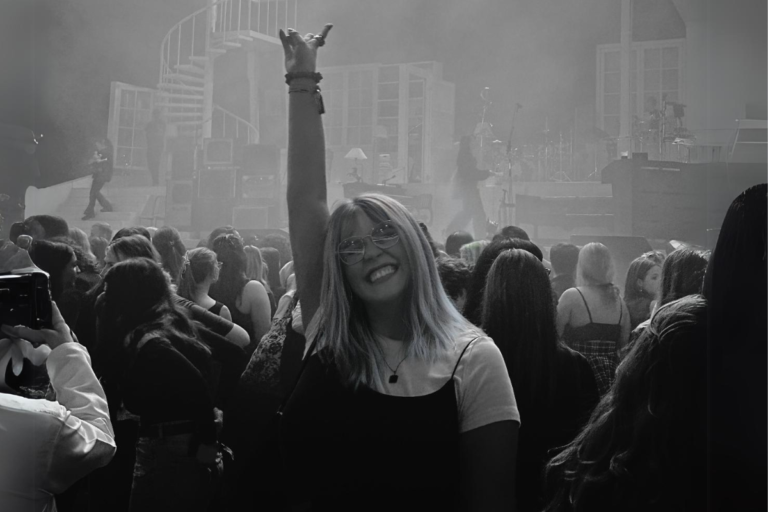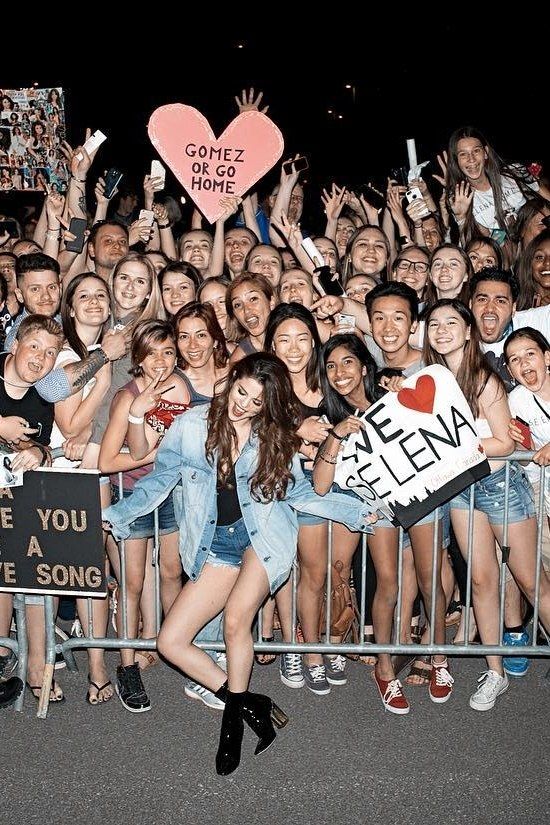Fandoms Are More Important Now Than Ever Before

Needless to say, fandoms serve as a form of escapism that is well-deserved even in the best of times, whether it is a distraction from the negativity around us; serving as a change from a stagnant routine; or replacing the lack of travel with distant worlds. Life is going on, even if it feels like your world is at a standstill, and whilst we’re stuck in our homes it’s easy to amplify the negativity that seems unrelenting at the moment. Escaping through the means of literature, film or music gives us a break from the things that are too much to deal with.
There is no better feeling than delving into a world and being immersed in characters, settings, and stories that are far from the reality that we experience. You can be who you want to be, an attractive prospect for someone whose teens and early twenties are being stolen by a pandemic. A great example of a franchise that has flourished in lockdown due to its abundance of escapism potential is Bridgerton on Netflix. First airing on Christmas Day 2020, Bridgerton is set in the Regency era and follows the wealthy Bridgerton family. Period dramas have always had large followings, from Pride and Prejudice and Poldark to Downton Abbey and The Crown, but what made Bridgerton particularly successful was its ability to let its viewers escape through a picturesque and idealised image of Regency-era London. Not only is the show jam-packed with all that good stuff – romance, scandal, and strapping men in jodhpurs and top hats – but it seems to be tailored to audiences in what the Wall Street Journal described as a “heightened reimagining of the period.” It used colour palettes to symbolise characters, such as blue, white and champagne for the Bridgerton family, and acid yellows and bright pinks for the Featheringtons. Ironically, it also used orchestrated covers of modern pop songs by the Vitamin String Quartet. This means that it strays away from historical accuracy in order to visually make the show easier to get swept up in – setting it apart from grittier Regency-era dramas such as Harlots on the BBC. Not only does this prove that fandoms are important in lockdown for allowing people to escape, but it also suggests that creators are tailoring their content to further encourage escapism in these times.
Whilst speaking to members of fandoms about this topic, it became clear that escapism is a key part of why they’re part of the fandom in the first place, and why it’s more important to them now than it ever has been before. Erin, a Harry Potter fan, said “the sense of escapism you gain through the world which has been created is both exhilarating yet calming in the sense that you can partake in the action yet also relax into a world which seems so real yet also ‘magical’. One of the great aspects of all fandoms is the ability to get lost in your own stream of consciousness and remove yourself from the present situation you find yourself in and completely immerse yourself into the lives of those characters and places. That essay you were worrying about no longer exists, there is only the hope and expectancy of adventure as well as the certainty of a ‘happy ending’. In times like these, there can also be feelings of lack of control, an uncertainty of what is going to unfold next, sitting on your sofa anxiously awaiting the next government announcement. In a book, particularly one that has been read many times – as my well-worn copies of Harry Potter can vouch for, I can be certain that everything is going to turn out alright in the end.” There seems to be a consensus that the escapism that comes with being in fandom is highly appreciated by those who have turned to them during the lockdown. For some it can come in the form of forgetting the mundane responsibilities of everyday life, for others, it’s as much as “feeling emotions rather than your own” which can be relaxing and refreshing in a time where feelings of despair, anger, and exhaustion are on a constant loop.
Along the same lines, following fandoms is considerably healthier than other internet habits in lockdown. The internet might have been a saving grace in this pandemic, to stay connected with friends and family and to bust boredom, but it also comes with perils that can be hard to avoid while there is nothing else to do.
Whether it’s on news apps or on social media, as our internet usage goes up we are more likely to be subjected to things that can be upsetting or disturbing – or even just distracting. “Doom-scrolling” is basically when you fall into a rabbit hole of internet content that isn’t helpful or nice to look at but, like any good horror movie, you just can’t look away. Khadija Mbowe made a brilliant Youtube video analysing the effects it can have on your mental health after she found herself watching a string of videos about 9/11 and the Falling Man. On the news, it can mean obsessing over political tensions around the world, Covid-19 statistics, or the climate crisis. On Youtube, it can be disturbing conspiracy theories, like the Falling Man. Mbowe’s findings exposed exactly how we can let ourselves fall into habits online that can have damaging effects on our mental health. Yes, it may seem important to keep up with the news at the moment, but not at the expense of your mental stability. In times like these, picking up your favourite book, watching a TV series that you’ve already seen four times, or immersing yourself in music is a form of self-care. Similarly, spending our days scrolling on Instagram or Facebook can’t be healthy for us either. Increasingly over the past year or so it has come to the attention of many Instagram users, the potential harm of social media.
The established social etiquette cuts out the ugly pieces of people’s lives and projects only what people would be comfortable with others seeing. Although some progress has been made with our awareness of how Instagram projects this weird rose-tinted alternate reality, it’s far from perfect. If we establish that what we see on social media is the edited highlights of someone’s day/week/life, in a pandemic which nobody prepared for, it can be easier to compare your experiences with others. Personally, seeing images of people’s banana bread, their perfect new yoga routine – seeing people using all this new free time to supposedly “better themselves” left me reflecting on the way I was living and wondering whether I was “doing lockdown the right way”. Of course, there is no “right way” to function in lockdown (apart from wearing your mask and staying at home) but it was all too tempting to ask myself “Am I being productive enough today? Have I found a hobby to fill my time? Am I spending too much time watching TV?
To put it simply, being part of a fandom means taking that energy that you’re using to compare yourself with others/doom-scrolling the news, and putting it into something that you love and will make you feel whole again.
Finally, another aspect of fandom life that is arguably the key reason why they are more important now than they ever have been before, is its sense of community spirit. Humankind thrives on a “tribe” mindset, whether that’s at school, work or in social settings like the pub or sports teams. Studies have shown that there is a correlation between depression and a weak sense of belonging, and if lockdown has deprived us of anything, it’s socialisation. Lucky for us fangirls, however, being part of fandoms has given us the opportunity to form our own tribes that transcend any need for physical socialisation. For Peaky Blinders fan Millie, following fan accounts on Instagram dedicated to the show she loves keeps her up to date with the latest news about upcoming seasons and connecting with other fans. Discussion websites like Reddit and Tumblr give us a platform to share our interests as well as create bridges with other like-minded people. Not only does this replicate this kind of “tribe” mindset that we need, but having shared interests as a foundation for these tribes gives us a sense of identity that otherwise might have been sacrificed because of the pandemic. And, as the studies presented in Teen Vogue suggest, there is an important, nourishing impact on our mental health.
When life’s passing you by, it’s easy to forget the things you love while you’re busy keeping up with your everyday responsibilities. Growing up in fandoms, I’ve always seen the benefits of surrounding myself with content that I love and connecting with people that feel the same way I do. Lockdown has changed a lot of our lives for better and for worse, but I’m grateful for the time that it’s given me to relish my love for my fandoms, which even further proves that fandoms are important – now more than they ever have been before.







